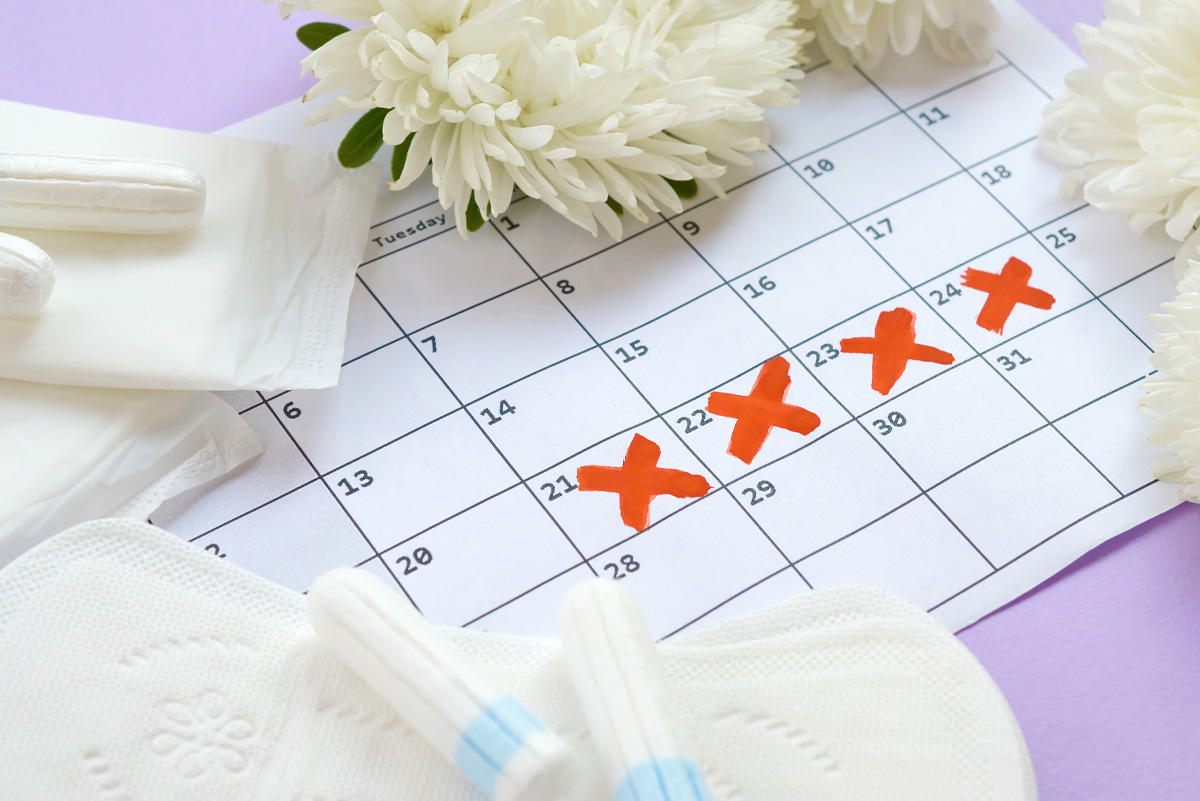
B. Thomas Malik
M.Ac., L.Ac.
Tom Malik, M.Ac, L.Ac, is a Licensed Acupuncturist who focuses his practice on the overall wellness of the body, mind, and spirit. He uses acupuncture to restore and foster the wellbeing of his patients while attending to their unique and individual wants, needs.
